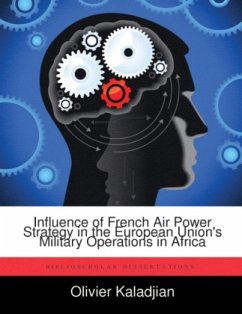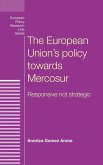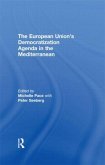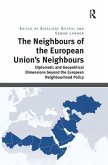Between the 1960s and the 2000s, France developed specific ways to operate on the African continent, and the use of air power became a central element of French strategy in limited operations. During that period, France also got involved in the European construction, and played a leading role in the military part of it. At the end of the 1990s, the European Union (EU) countries launched the European Security and Defense Policy (ESDP). Under this aegis, between 2003 and 2009, the EU launched three autonomous military operations in Africa: Artemis (2003) and EUFOR RD Congo (2006) in Democratic Republic of Congo and EUFOR Tchad/RCA (2008/2009) in the Republic of Chad and in the Central African Republic. The aim of this analysis is to understand how French experience influenced the EU use of air power in order to reveal air power's strengths and weaknesses, and improve its potential effectiveness during subsequent operations. Using a case study methodology, this paper first establishes a model of the French use of air power in Africa during its limited operations, and then compares it to the use of air power in the three EU operations.
Hinweis: Dieser Artikel kann nur an eine deutsche Lieferadresse ausgeliefert werden.
Hinweis: Dieser Artikel kann nur an eine deutsche Lieferadresse ausgeliefert werden.








